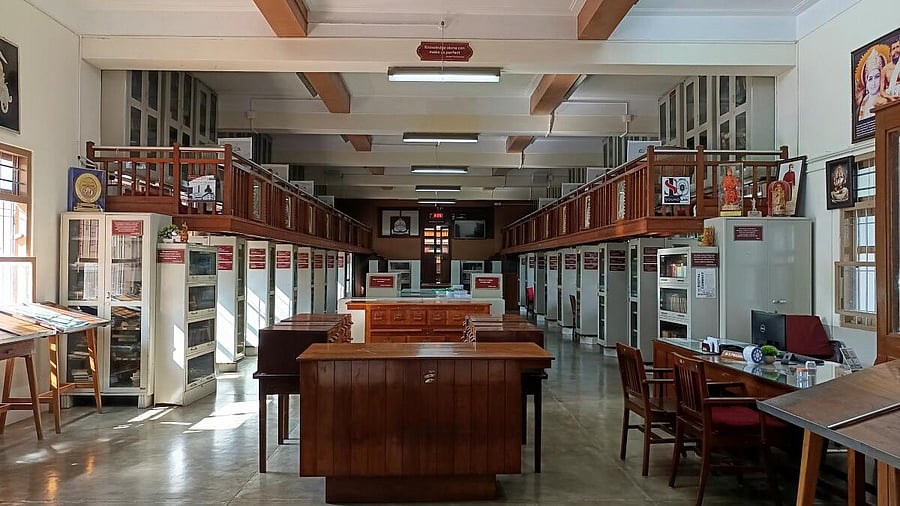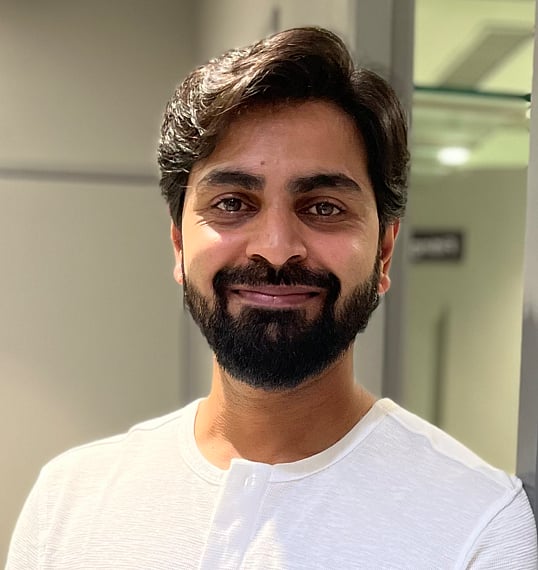
Before being christened as Arivu Centres, the gram panchayat libraries came under the Department of Public Libraries.
Credit: DH File Photo
Bengaluru: Rural Development and Panchayat Raj (RDPR) Minister Priyank Kharge inaugurated the ‘British Council Corner’ on Monday, an initiative under which children at gram panchayat Arivu Centres (libraries) will learn the English language.
The RDPR Department has signed an agreement with the British Council for this purpose.
“We’re taking a decisive step towards ensuring that children in rural Karnataka have access to all high-quality learning resources that inspire curiosity, build skills and open doors to bigger opportunities,” Priyank said in a statement.
The British Council has agreed to provide 500 children’s books to 10-gram panchayat Arivu Centres across the state.
Additionally, 5,000 rural Arivu Centres will receive free premium memberships to the British Council’s Digital Library, allowing access to a vast collection of digital resources, the minister pointed out.
The following Arivu Centres will be covered: Kundargi (Bilgi, Bagalkot district), Bailuru (Kittur, Belagavi), Kannamangala (Devanahalli, Bengaluru Rural), Vatadahosahalli (Gauribidanur, Chikkaballapur), Doni (Mundargi, Gadag), Nalwar (Chittapur, Kalaburagi), Ummadahalli (Mandya), Kalluru (Sirwar, Raichur), Neelasandra (Channapatna, Ramanagara) and Toravi (Tikota, Vijayapura).
Before being christened as Arivu Centres, the gram panchayat libraries came under the Department of Public Libraries. They were handed over to the RDPR department in March 2019.
There are 5,888 operational Arivu Centres out of which 5,767 have been digitized, Priyank said.
“Arivu Centres regularly organise activities, such as chess competitions, reading programmes, letter-writing campaigns, children’s art exhibitions, summer camps and short story writing,” he added.
